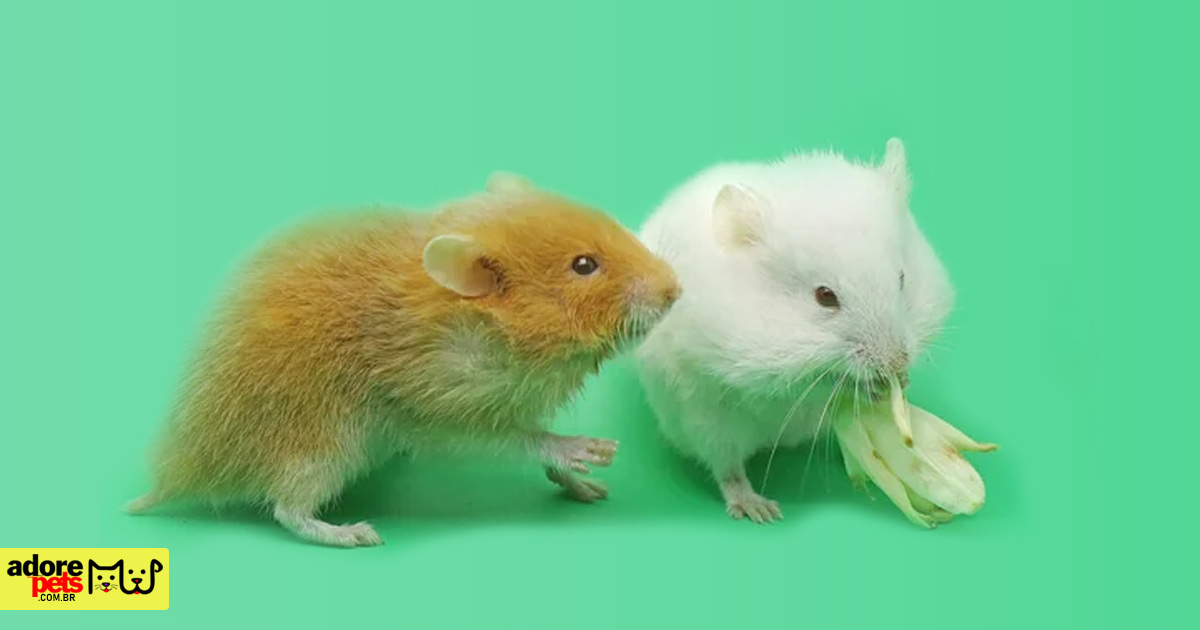If you are considering getting a hamster or are already a happy owner of one, this quick guide is perfect for you.
Find out everything you need to know about caring for your hamster, from proper nutrition to essential health care.
Get ready to dive into the enchanting world of hamsters!
Know your Hamster
Before taking a hamster home, it's important to know a little more about this charming species. There are 4 different hamster breeds, Syrian, Russian Dwarf, Chinese and Roborovski, each with unique characteristics. They are nocturnal animals, extremely curious and love to explore. In addition, they are sociable pets and get used to human presence if they are handled with care and regularity.
Essential Care
To ensure that your hamster has a happy and healthy life like your pet, some precautions are essential. First, provide a spacious cage, with a suitable environment for playing and resting. Provide safe, comfortable substrate such as wood shavings and change it regularly to maintain hygiene. Provide a water trough with fresh water and a shallow bowl of balanced hamster food.

Healthy eating
Proper nutrition is crucial to your hamster's health. They have a diet based on seeds, fruits, vegetables and small amounts of animal protein. Avoid foods such as chocolate, onions and garlic, as they are toxic to these small rodents. Be sure to offer a variety of foods to ensure balanced nutrition. Consult a specialist veterinarian for specific recommendations for your hamster's breed.
Health and Hygiene
Hamsters are generally healthy animals, but it's still important to be on the lookout for signs of possible health problems. Keep the cage clean at all times, removing feces and food scraps regularly. Take care of your hamster's hygiene, cleaning the ears and teeth with specific products. Also, schedule regular visits to your exotic pet veterinarian to ensure your hamster is in good health.
Transmitted Diseases
One of the common concerns about hamsters is whether they can transmit diseases to humans. Fortunately, the transmission of diseases from hamsters to humans is rare, like any other pet. However, it is always important to practice good hygiene, washing your hands thoroughly before and after handling your pet. Avoid direct contact with hamster saliva, urine or feces. By maintaining proper hygiene and a clean environment, you minimize the risk of any transmission.
Having a hamster as a pet is a wonderful experience. They are full of personality, affectionate and bring a lot of joy to the family. By following the tips in this comprehensive guide, you'll be prepared to provide a happy, healthy environment for your hamster. Remember to take the time to play, interact and build an affectionate bond with your little friend. Get ready to enjoy charming and unforgettable moments with your hamster!
















Add comment